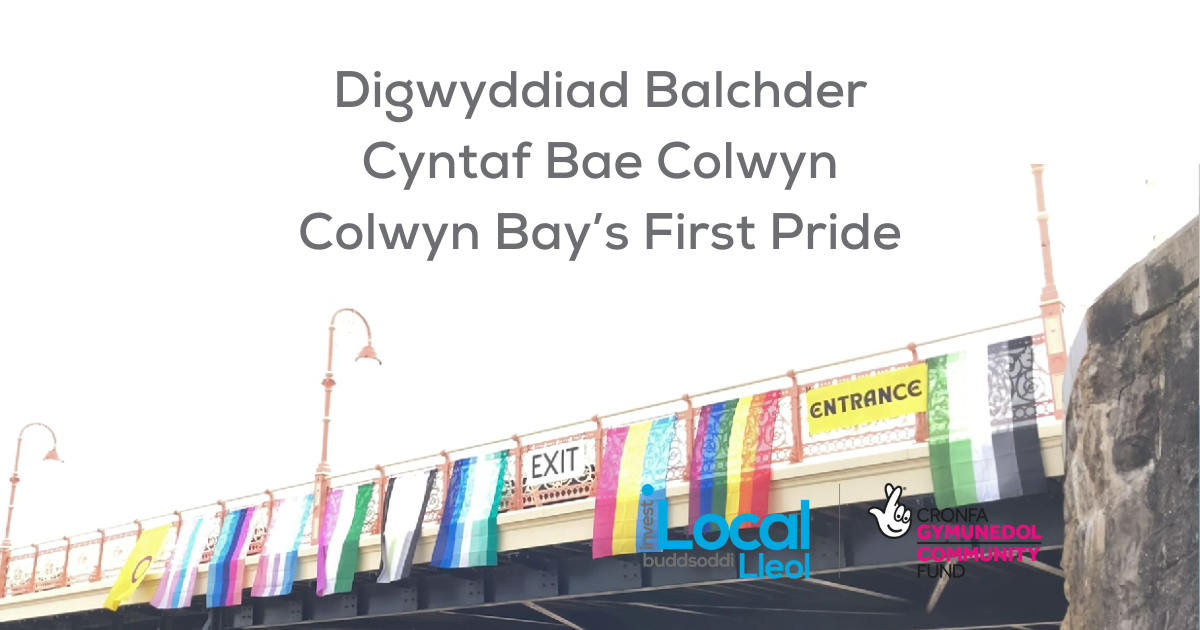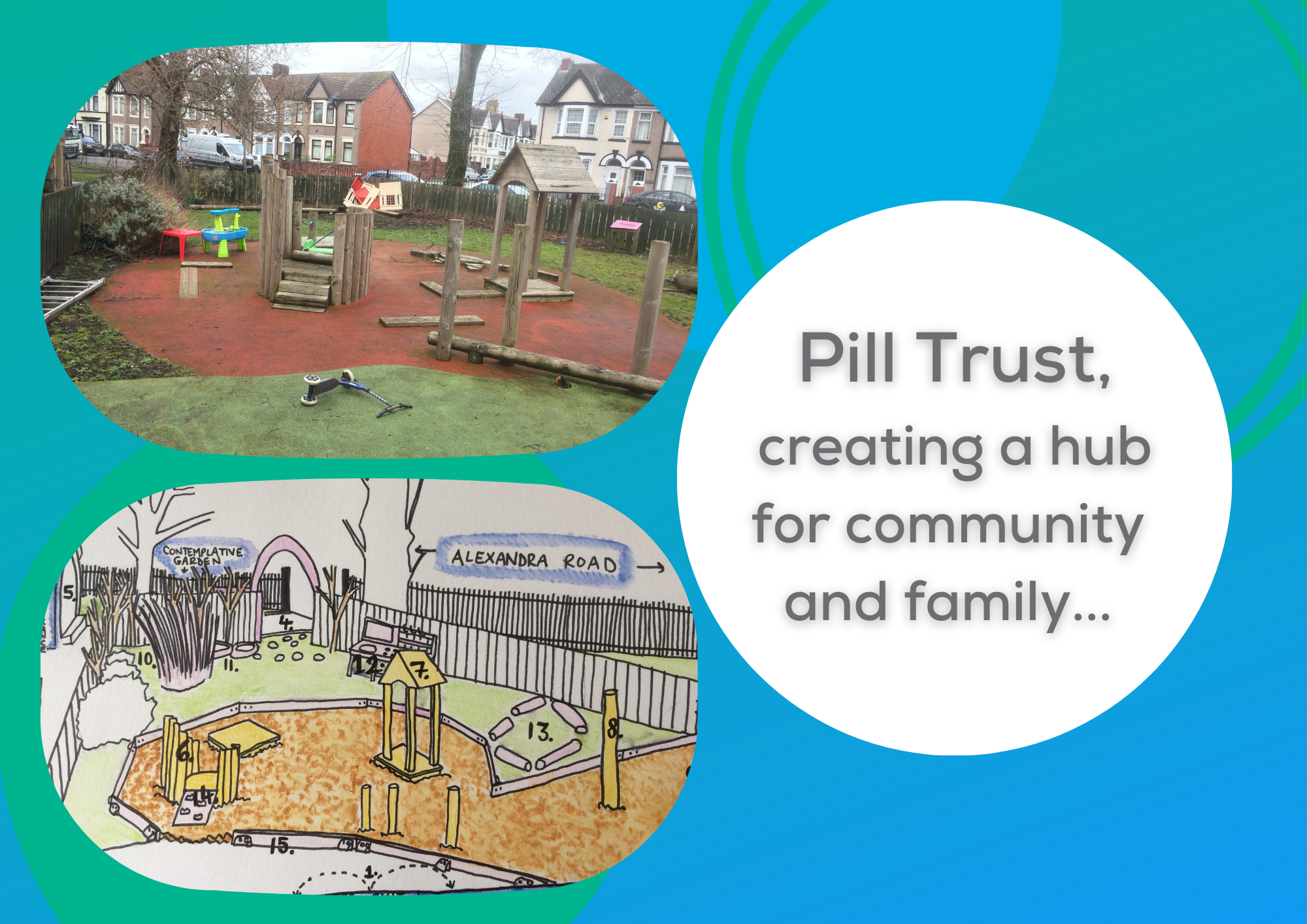COMMUNITIES ON THE FRINGE
Matthew Brindley, Building Communities Trust’s policy officer reflects on where communities sit in the wider public policy debate following the autumn party conferences in Wales.
Community is a popular term bandied about in politics and Government, but too often the policy rhetoric does not live up to communities’ experiences on the ground.
At Building Communities Trust we support local people and community organisations across Wales who work tirelessly every day to improve their local area. This can be anything and everything from running parent toddler and mental wellbeing groups, to developing an adventure playground and leisure centre, to providing food, friendship and support to those shielding from Covid. These everyday actions do not grab the headlines like other issues and are too often only recognised on the fringes of mainstream public policy debate.
Yet the impact of this work on the ground and on wider public services is immense. We know from our own work and wider research that strong communities with the right infrastructure improve the wellbeing, resilience and opportunities of local people. And that they do this in a way that harnesses and builds upon people’s strengths, not merely targeting services at their weaknesses or when they reach a crisis point.
In Wales, and the UK as a whole, the benefits that the contributions of communities and civil society bring to areas like informal social care, youth work, environmental protection and social enterprise are too often undervalued and overlooked. The Bank of England’s chief economist Andy Haldane has suggested that the value added to the UK economy from such work could amount to as much as £200 billion – a full 10 per cent of the country’s economic output.
Obviously it’s very difficult to put a definite figure on the multiplicity of community activities taking place across our country. And it is the diversity and informality of these locally driven activities which is the beating heart and strength of community work.
The challenge to policy makers in Wales is to do more to stimulate and support independent community action without smothering it with public sector bureaucracy. We would be the first to acknowledge that this is not a straightforward linear policy task.
Our soon to be published manifesto for next year’s Senedd election does however provide a few pointers as to how Government could do this. Like making a Welsh Government minister responsible for communities; using money from UK dormant assets (which can’t be used for public spending) to develop a long-term and flexible fund for communities in Wales; and ensuring public bodies do more to understand and work with communities and their organisations through changes to the Future Generations Act.
At the moment communities still exist on the fringes of public policy. The Welsh Labour Government currently have no minister responsible for communities and no strategy or overarching vision as to how Government work with them. Likewise Plaid Cymru do not include communities in any of their shadow roles. It is only the Conservatives who have a spokesperson for communities.
But more importantly, community action is an issue which cuts across the political divide, reflected in the thousands of people from different backgrounds and opinions across Wales who come together every day to improve their local area. A recent debate in the Senedd’s Equality, Local Government and Communities Committee acknowledged this fact with all the three main parties recognising the inherent value and importance of involving local people and communities in local government decision-making.
But despite these chinks of light, supporting community action in Wales remains a missed opportunity for policy makers.
In an age of crisis we need more than warm words and platitudes to build strong and resilient communities for the future. Our recent fringe events at the Plaid Cymru and Welsh Labour conferences gave politicians some food for thought and us some reason to believe change is possible.
And we shouldn’t forget that many of the ideas needed to achieve this change are already enshrined in Welsh law; such as wellbeing, prevention, involvement and collaboration. Critically, we need to take the next step and make these words definable actions and then everyday realities for local people and communities across Wales.






























